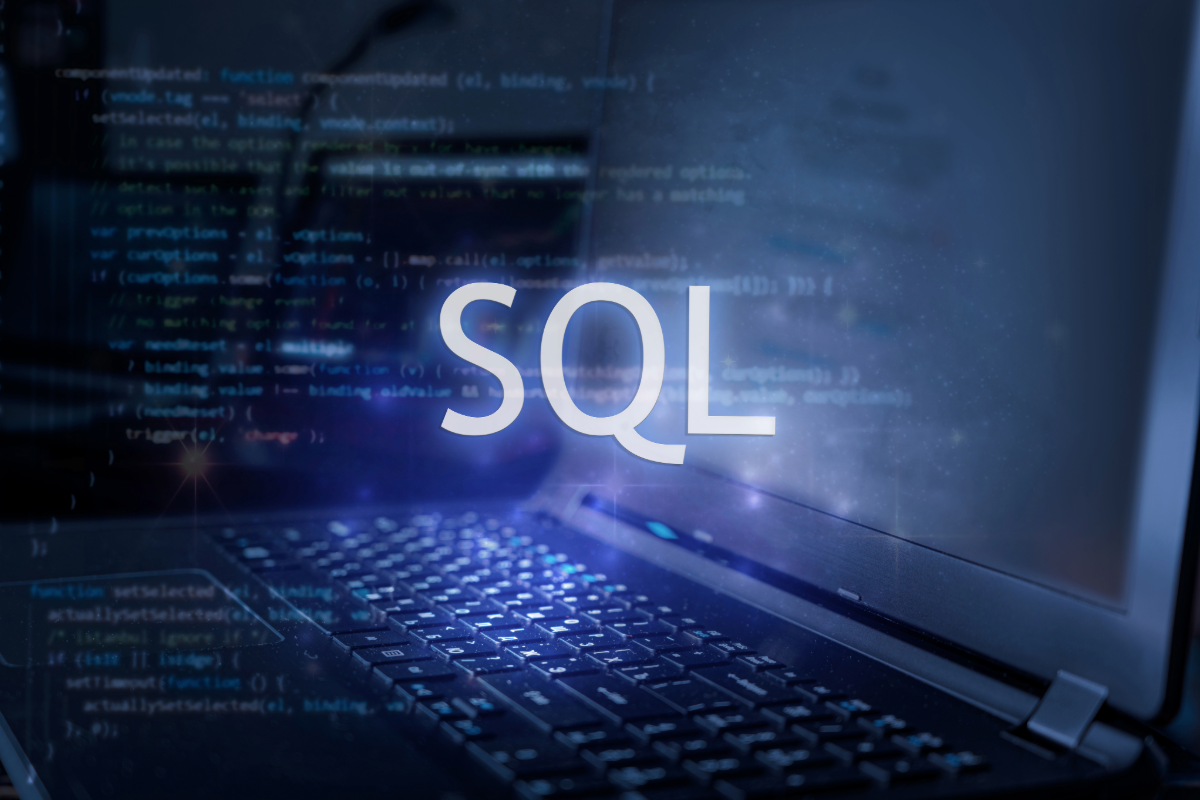Unlocking Career Opportunities with SQL: A Beginner's Guide
By Becky Anzalone

It’s a data-driven world now, and mastering SQL (Structured Query Language) can open doors to a multitude of career opportunities. SQL is the backbone of database management and is essential for data retrieval, manipulation, and management. If you’re a beginner looking to dive into the world of SQL, our comprehensive courses will equip you with the skills needed to excel. Let’s explore the career paths that learning SQL can lead to and how our courses can set you on the right track.
Why Learn SQL?
SQL is a powerful language used to communicate with and manipulate databases. It’s the standard language for relational database management systems, making it a critical skill for anyone working with data. Whether you’re a budding data analyst, an aspiring software developer, or a business professional, SQL proficiency can significantly enhance your career prospects.
Career Paths with SQL
- Data Analyst
- Data analysts use SQL to extract and analyze data, helping businesses make informed decisions. They are responsible for generating reports, identifying trends, and providing actionable insights.
- Database Administrator (DBA)
- DBAs ensure that databases run efficiently and securely. They use SQL to manage database systems, optimize performance, and handle backups and recovery.
- Software Developer
- Developers use SQL to integrate databases with applications. Understanding SQL allows developers to create more efficient and scalable applications by effectively managing data storage and retrieval.
- Business Intelligence (BI) Developer
- BI developers use SQL to design and develop data warehousing solutions. They create complex queries to extract data, which is then used to create dashboards and reports for business insights.
- Data Scientist
- Data scientists use SQL to gather and prepare data for analysis. SQL is crucial for cleaning, transforming, and loading data before applying statistical models and machine learning algorithms.
- Quality Assurance (QA) Tester
- QA testers use SQL to validate data integrity and perform backend testing. They write SQL queries to ensure that data flows correctly through an application and meets specified requirements.
TCW's SQL Courses
Our SQL courses are designed to take you from a novice to a proficient user, covering everything from basic queries to advanced database management.
SQL Level 1: Foundation CourseIn this beginner-friendly course, you will learn to:- Connect to the SQL Server database and execute simple queries.
- Include search conditions in queries to filter data.
- Use various functions to perform calculations on data.
- Organize data for better readability and analysis.
- Retrieve data by combining information from multiple tables.
- Present query results in a report format for clear communication.
SQL Level 2: Advanced TechniquesBuilding on the foundation, this course delves into more advanced topics:
- Code subqueries to generate complex query outputs.
- Manipulate table data by inserting, updating, and deleting records.
- Create simple tables and tables with constraints to ensure data integrity.
- Modify the table structure and delete tables when necessary.
- Create and manage views to simplify data access and manipulation.
- Index data to optimize query performance and enhance database efficiency.
Learning SQL is a valuable investment in your future. Whether you aim to become a data analyst, a database administrator, or explore other data-related careers, SQL proficiency will be a key asset. Our SQL courses provide a structured learning path that equips you with the necessary skills to succeed in various roles. Embrace the power of SQL and unlock a world of career opportunities!
Ready to get started? Enroll in our SQL courses today and take the first step towards a rewarding career in the data industry.
Sign Up for our Newsletter for more!